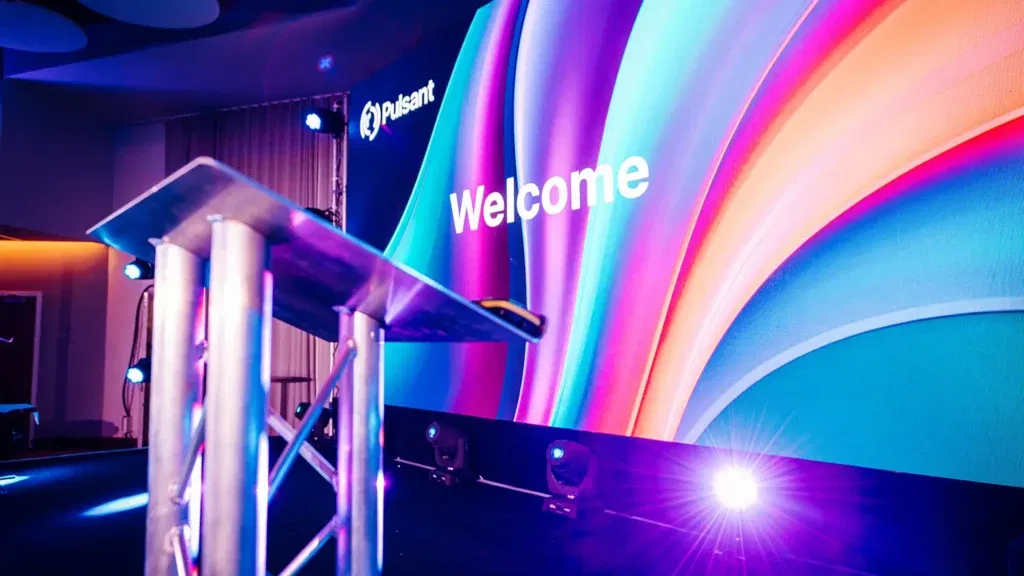Insights
The latest fromour experts

Brand Experiences
The Event Management Process: A Step-by-Step Guide to Success
January 2026
Brand Experiences
15 Essential Event Management Skills to Look for in a Strategic Partner
January 2026
Brand Experiences
10 Types of Corporate Events Every Business Should Know
January 2026
Brand Experiences
What to Look for When Choosing an Event Management Company
January 2026
Brand Experiences
What “Unforgettable” Really Means in Corporate Events
January 2026
Brand Experiences
The 7 P’s of Successful Corporate Events Management
January 2026
Brand Experiences
10 Experiential Event Ideas That Wow Audiences
December 2025
Resources
The Event Maturity Assessment
December 2025
Brand Experiences
Top 9 Event companies & partners you should know in the UK (2025)
November 2025
Brand Experiences
What We’ve Learnt from Producing High-Impact Press & Influencer Launch Events
August 2025
Brand Experiences
The Ultimate Guide to Experiential Marketing Strategy in the AI Age
August 2025
Brand Experiences
Strategic Corporate Year End Events That Actually Move The Business Forward
August 2025
Brand Experiences
2025 Christmas Party Trends
August 2025
Brand Experiences
2026 Company Offsite Trends: Ideas, Formats, and Tips for the Ultimate Corporate Away Day
August 2025
Brand Experiences
Strategic corporate end of year events that drive team performance
July 2025
Brand Experiences
Company Kick-Off: How to re-establish your sense of ‘we’ after rapid change
July 2025
Brand Experiences
How to rebuild team trust at a Sales Kick Off after difficult change
July 2025
Private Events
32 Party Theme Ideas Perfect For Your Next Celebration!
January 2025
Resources
THE PRODUCT LAUNCH PLAYBOOK 2025
September 2025
Resources
THE ULTIMATE GUIDE To All-Company Offsites
September 2025
Resources
THE ULTIMATE GUIDE TO EXPERIENTIAL MARKETING IN THE AI AGE
September 2025
Resources
THE ULTIMATE GUIDE TO: BRAND FESTIVALS FOR EMPLOYEE AND CLIENT ENGAGEMENT
September 2025
Resources
THE ULTIMATE GUIDE TO: STRATEGIC END OF YEAR EVENTS
September 2025
Resources
HOW TO REBUILD TEAM TRUST THROUGH A SALES KICKS OFF
September 2025Contact us
Let’s make
it happen
Looking for a creative event partner to help turn your event into an unforgettable experience? Drop us a line. Whatever you can imagine, we can make it happen.